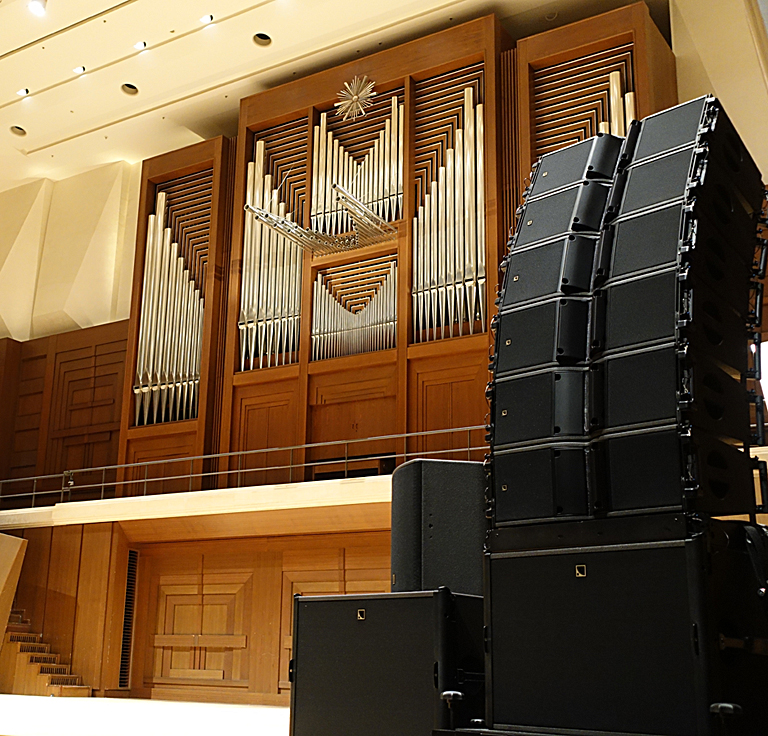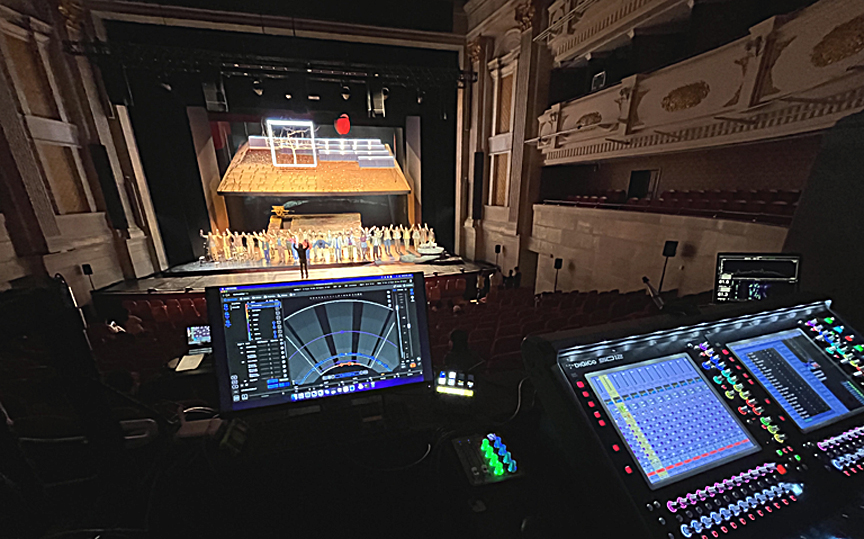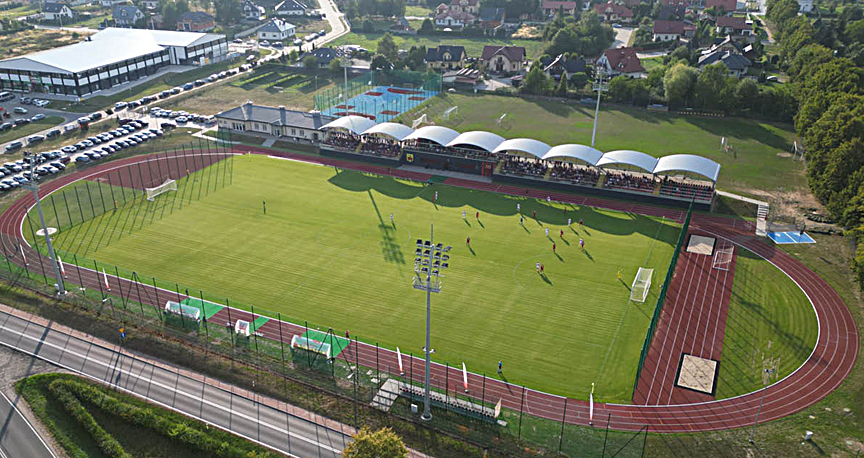DRESDEN, Germany — A Studer Vista 8 is at the heart of a new concert hall at Dresdner Hochschule für Musik (Dresden University of Music) in Germany, named after the 19th century composer, Carl Maria von Weber. More than 600 people from all over the world study music at the university. The building was designed over a two-year period so that all forms of amplified and unamplified music — from chamber music to full-on rock music — could be optimized. The university turned to a Harman solution, consulting its German distributor, Audio Pro Heilbronn.
The Studer Vista 8 console was recommended for its flexibility and portability, providing the ability to be used in different locations and for different purposes. Although the 450-seat concert auditorium forms the centerpiece of the new building, it is annexed by a separate opera rehearsal stage, a library and other practice areas.
For full signal distribution and routing throughout the complex, the Vista 8 is used in tandem with a Studer D21m I/O system, which provides inputs and outputs with maximum flexibility, providing full 96 kHz functionality. The main Vista 8 itself is equipped with 30 faders and is situated in the main control room. From here the engineer can control all the inputs and outputs for the live sound and for the recording sessions.
In addition, a 10-fader remote console can be used either in the control room as an extension to the main desk or as a remote in the auditorium. Auditorium control is useful in setting the balance between the orchestra, and the effects of the amplification on the architectural acoustics of the building. The central DSP unit of the mixer system, the SCore Live with five DSP cards, is housed in a technical area along with other components.
The exchange of audio and control data between the central processing unit, the D21m I/O-modules and the desks is made by a redundant fiber optic network. Two D21ms are inserted beside the stage, and another four are housed in the technical room, providing flexibility to move to other positions as required. In total 96 analog inputs and 88 analog outputs are available.
Audio effects are provided from an external computer and this merges with the desk’s VST Plug-in capability, so that apart from playback and recording equipment — such as Tascam X-48 hard disk recorders — further audio devices are unnecessary.
The transmission of the audio signals to the sound studio in the old building is also made by fiber optic cable. An RME ADI-648 multichannel audio digital Interface offers format conversion from MADI to ADAT (and vice-versa) ensuring that data between the Pro Tools HD recording system in the studio and the Studer system in the new building can be exchanged.
“The quality and capability of the audio technology fulfills our requirements and expectations,” said Dirk Homann, recording studio director. “Our annual Jazz/Rock/Pop concert has proven that all forms of electro-acoustic music can deliver excellent, evenly-dispersed sound in this environment.”
For more information, please visit www.harman.com.


